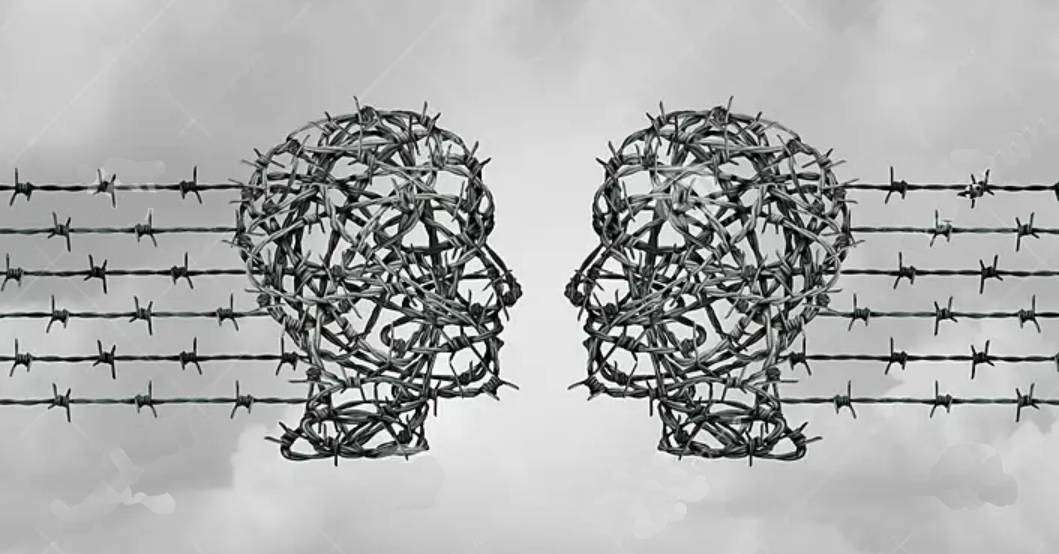
Sudan Between the Fires of War and the Rhetoric of Hate: Are We on the Brink of an Existential Catastrophe?
Dr. Anwar Yousif
Faculty of Management and Economics
University of Al-Butana
At one of the darkest moments in Sudan’s modern history, the country today faces intertwined existential challenges: war, economic collapse, societal fragmentation, political division, and civil strife. Amid this critical situation, hate speech emerges as one of the most dangerous tools threatening the remnants of national unity and pushing Sudanese society to the brink of disaster.
Today, hate speech in Sudan is adopted by multiple actors—some overt, others operating behind the scenes. These include political entities, armed movements, social media activists, and both local and international media institutions. Hate speech is being used as a tool to fuel conflict, inflame emotions, and widen the divide between communities along ethnic, regional, religious, or cultural lines.
At the heart of this escalating wave of hatred are efforts to demonize the "other," stripping them of their humanity and justifying exclusion or extermination under various pretexts—ranging from "historical rights," to "responses to injustice," to "liberation from dominance."
The timing of the escalation of this rhetoric is no coincidence. As Sudan enters a phase of state collapse, the country has become an open arena for conflicts of interest and influence. In such an environment, stoking division becomes an effective tool to weaken the internal front and prevent any possibility of rebuilding a unified state.
This raises a legitimate question: Are those behind these campaigns truly expressing local aspirations, or are there hidden agendas that transcend Sudan’s borders? Has Sudan become a target for systematic disintegration projects led by external forces that benefit from keeping the country weak, fragmented, and immersed in internal conflicts?
Given the regional chaos and shifting geopolitical landscapes, some propose the theory of a conspiracy against Sudan’s unity. It is no secret that Sudan—with its natural resources and strategic location—has long been the object of regional and international ambitions. With the collapse of state structures, the country has entered a phase of strategic vacuum, fed by foreign intelligence operations and financed by forces with overlapping agendas.
Some voices even connect what is happening in Sudan to broader schemes such as the "New Middle East" project, which aims to redraw the region’s map along ethnic, sectarian, and religious lines under the so-called "creative chaos" doctrine. In this context, it is not far-fetched to see hate speech as one of the tools used to execute such visions.
While speaking about Freemasonry or a "hidden global order" may sound like conspiracy theories to some, the facts on the ground reveal an unsettling resemblance between Sudan’s reality and the models seen in other countries—where national states were dismantled and replaced by failed proxy entities, serving as pawns in a dirty global game.
The racist rhetoric and organized, funded, and media-driven hate campaigns are not mere emotional reactions—they are part of a larger scheme aimed at engineering destruction in countries like Sudan.
Lessons from History: International Cases Where Hate Speech Led Nations to Hell
1. Rwanda
Genocide against the Tutsi, fueled by inflammatory media and demonizing rhetoric.
800,000 deaths in less than 100 days.
Collapse of the state and prolonged national trauma.
2. Former Yugoslavia
Stirring ethnic and religious identities led to brutal wars and massacres.
The Srebrenica massacre remains a bloody example.
State disintegration, international intervention, and war crimes tribunals.
3. Burma (Myanmar)
Hate speech against the Rohingya led to mass displacement and horrific massacres.
International silence and the role of social media platforms in enabling hate.
4. Syria and Iraq
Political sectarianism fueled terrorism and fragmentation.
Both countries became de facto failed states, producing millions of refugees.
Given the current deterioration and the rise of hate speech, several potential scenarios for Sudan’s future emerge—each alarming in its own right:
1. Open Ethnic Civil War
With rising ethnic and regional incitement and the loss of control over armed groups, the situation could erupt into a full-scale ethnic conflict.
Such wars are rarely resolved militarily; they drain all sides and perpetuate cycles of revenge.
Expected Outcomes:
Potential genocide.
Mass displacement to neighboring countries.
Regional and international intervention, possibly not in Sudan’s favor.
2. Geographic and Political Disintegration
Continued promotion of regionalism and localism may escalate into growing calls for secession or autonomous governance, hastening the division of Sudan into competing mini-states.
Outcomes:
The disappearance of a unified Sudanese state.
Emergence of weak, externally managed proxy states.
The end of the idea of "Sudan as a unifying homeland."
3. The Functional Scenario: Sudan as an International Sphere of Influence
If Sudanese fail to rebuild their state, the country could turn into an "open influence zone" managed by regional and global powers, controlled economically and security-wise, without true national sovereignty.
Outcomes:
Sudan becomes merely a corridor or battlefield for major powers.
Erosion of sovereignty and loss of national decision-making.
Hopelessness for any genuine national renaissance.
4. The Saving Scenario (Currently the Weakest)
This would require the collective awakening of Sudanese society across all components, rejecting hate rhetoric, and agreeing on a national project based on justice and citizenship.
If achieved:
Rebuilding the Sudanese state on new, just foundations.
Thwarting conspiratorial projects.
Restoring national sovereignty and collective dignity.
History has proven that hate speech does not lead to victory, but to destruction. The longer we delay in resisting it, the heavier the loss.
Sudan still has a window of hope—but it is rapidly narrowing. The choice now lies with the elites and the people:
Either we rise above our wounds, or we fall into the abyss.
A grand national project must be launched—one that redefines the relationships among Sudan’s diverse communities and puts an end to the identity wars that threaten to consume everyone.

